Application Areas:
LRRK2 G2019S Mouse
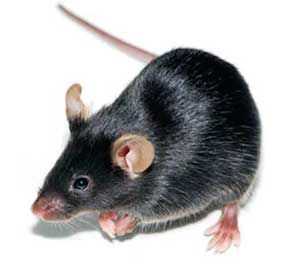
CROs: Please view the Conditions of Use for this model for limitations on purchasing
| Model No. | Nomenclature | Genotype |
|---|---|---|
| 13940-F | C57BL/6-Lrrk2tm4.1Arte | ki/ki |
| 13940-M | C57BL/6-Lrrk2tm4.1Arte | ki/ki |
- Description
- Price & Licensing
- Health Report
- Overview
- Genetics
- Guides & Publications
- Applications & Therapeutic Areas
- Transit, Housing & Welfare
- Diet
Overview
Model Sponsor: The Michael J. Fox Foundation
Taconic Biosciences has partnered with The Michael J. Fox Foundation on a catalog of rodent models for Parkinson's Disease (PD) research.

Nomenclature: C57BL/6-Lrrk2tm4.1Arte
Model 13940 is a constitutive Knock-In (KI) of the mouse LRRK2 gene. The human G2019S point mutation has been introduced into exon 41 of the mouse LRRK2 gene.
- The G2019S alpha-mutation is linked to the development of Parkinson's disease, both sporadic and familial1.
- In patients, the G2019S LRRK2 mutation is an autosomal dominant mutation that leads to pathology similar to what is observed with idiopathic Parkinson's disease.
- At 18 months of age, LRRK2 G2019S mice show an increased locomotor response after amphetamine challenge.
- This knock-in mutation does not appear to affect basal motor function or more complex behavior in C57BL6 mice.
- The allele has 2 loxP sites at either side of exon 41, thus this line can be crossed to a cre line of choice in order to excise the mutation-carrying exon 41. However, successful excision has not been verified and, even if successfully excised, it is not certain that would lead to loss of Lrrk2 function as exon 41 (out of 51 total exons) is late in the gene, and a partial protein may be produced after cre/lox recombination.
Ordering Note for Controls: Model 13940 WT littermate controls are not available for this model due to the homozygous mating format. A recommended WT control option is to utilize C57BL/6NTac commercial animals sourced from our Cambridge City, Indiana production site (the same location where model 13940 is bred). Model 13940 has been generated and maintained on the C57BL/6NTac genetic background.
"Robust, well-validated pre-clinical models of Parkinson's disease are a necessary tool for understanding the biology and possible treatment of this complex disease. With dedicated project management and technical support, Taconic has been a reliable partner in The Michael J. Fox Foundation's efforts to provide the research community with important, field-enabling pre-clinical models. We look forward to continuing to partner with Taconic for custom model generation projects."
Availability
As of April 1, 2018, The Michael J. Fox Foundation for Parkinson's Research (MJFF) has instituted a new ordering policy for this model in an effort to prevent delays in order fulfillment, ensure models are shipped at the desired age, and maintain affordable pricing for all researchers accessing MJFF models. To achieve these goals, the new MJFF policy dictates that no one group can deplete the MJFF-sponsored colony. As such, orders will be limited to a total quantity of approximately 15-20 per researcher per month. Average lead time and age range may vary based on quantity and sex requested. Researchers requiring orders above this amount should establish a dedicated colony for their own use, either by breeding in-house or contracting with Taconic. For questions or requests for an exemption to the order limit, please email tools@michaeljfox.org.Origin
Source: Model Sponsor: The Michael J. Fox Foundation
Genetics
Guides & Publications
Applications & Therapeutic Areas
- Neuroscience
- "Parkinsons Disease"
Transit, Housing & Welfare
Need more info? Click the live chat button or Contact Us
Packing Practices
Taconic standard practice is to recombine animals of different home cages and/or ages from a single model and sex during packing, except in specific cases where Taconic's animal welfare policy prohibits recombination due to aggression or other concerns. When an order is fulfilled with animals from more than one week of birth, this standard practice results in animals from a range of birth weeks packed together in a single TTC. When an order is fulfilled with animals from genotyped models, this standard practice results in animals from different home cages packed together in a single TTC.
Customers who wish to keep animals from different weeks of birth separated should place orders with the special instruction "Divide and label by age." Note that this special request can result in increased costs for additional Taconic Transit Cages, dividers and/or freight charges.
Taconic discourages other types of custom packing requests as they can have a negative impact on animal welfare. Learn more.
Diet
- Licensing
- Pricing - USD
- Pricing - EUR
- Pricing - DKK
- Select my Health Standard
- Get Custom Pricing Guide
Licensing
Label License Agreement and Conditions of Use for LRRK2 G2019S Mouse Model #13940
The LRRK2 G2019S Mouse Model ( "Model") is produced and distributed under rights to patents and/or intellectual property owned by or licensed to the Michael J. Fox Foundation ("MJFF") and Taconic. Taconic has rights to distribute the Model on behalf of MJFF. MJFF maintains ownership of the Model and permits the sale of such Model to each purchaser that agrees to the Terms and Conditions of the Sale and following terms of use:- Title to the Model, any progeny and biological materials derived from the foregoing remains with MJFF.
- The Model may be bred or crossbred by purchaser.
- Purchaser shall inform MJFF of any crossbred animal generated ("Modified Progeny"), shall at MJFF's election deposit breeding pairs of each Modified Progeny with Taconic or another designee of MJFF and shall permit Taconic or another designee of MJFF to distribute the Modified Progeny on behalf of MJFF to non-profit institutions or for-profit institutions without any compensation to purchaser on terms similar to the terms and conditions by which purchaser received the Model. Purchaser assumes all liability for any claim or demand that Modified Progeny created by purchaser infringes on the intellectual property rights of any third party.
- The Model, progeny, or Modified Progeny may be used by non-profit institutions or for-profit institutions for research purposes only.
- The Model, any progeny, Modified Progeny or biological materials will not be used for commercial purposes.
- The Model, any progeny, Modified Progeny and biological materials derived from them will not be distributed to any third party.
- Purchaser assumes all risk from using the Model, any progeny, Modified Progeny and biological materials.
- To the extent permissible by law, purchaser indemnifies, defends, and holds harmless MJFF from any claim or demand that purchaser's use or transfer of the Model, any progeny, Modified Progeny or biological materials has caused harm, damage or liability.
Pricing - USD
Murine Pathogen Free (MPF) Health Standard
13940 Female
13940-F Genotype ki/ki
Available now
| Age in Weeks | Quantity 1 - 999 |
|---|---|
| 3 to 8 | US$154.00 |
13940 Male
13940-M Genotype ki/ki
Available now
| Age in Weeks | Quantity 1 - 999 |
|---|---|
| 3 to 8 | US$154.00 |
Pricing - EUR
Murine Pathogen Free (MPF) Health Standard
13940 Female
13940-F Genotype ki/ki
Available now
| Age in Weeks | Quantity 1 - 999 |
|---|---|
| 3 to 8 | 141,00 € |
13940 Male
13940-M Genotype ki/ki
Available now
| Age in Weeks | Quantity 1 - 999 |
|---|---|
| 3 to 8 | 141,00 € |
Pricing - DKK
Murine Pathogen Free (MPF) Health Standard
13940 Female
13940-F Genotype ki/ki
Available now
| Age in Weeks | Quantity 1 - 999 |
|---|---|
| 3 to 8 | kr.910,00 |
13940 Male
13940-M Genotype ki/ki
Available now
| Age in Weeks | Quantity 1 - 999 |
|---|---|
| 3 to 8 | kr.910,00 |
Select my Health Standard
Need help choosing the right Taconic Biosciences health standard for your research?
Use the Health Standard Selector to enter your exclusion list. The tool will tell you which health standards meet your requirements.
Get custom pricing guide
Schedule A Scientific Consultation
Connect directly with a member of our Scientific Solutions team who can help you select the most appropriate model and maximize your experimental success.






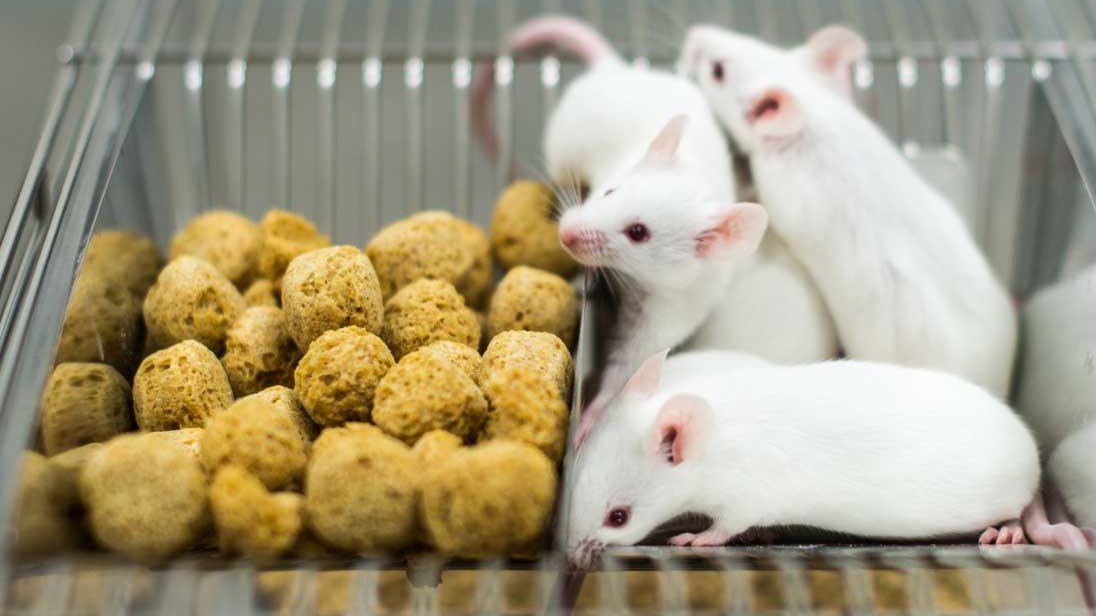
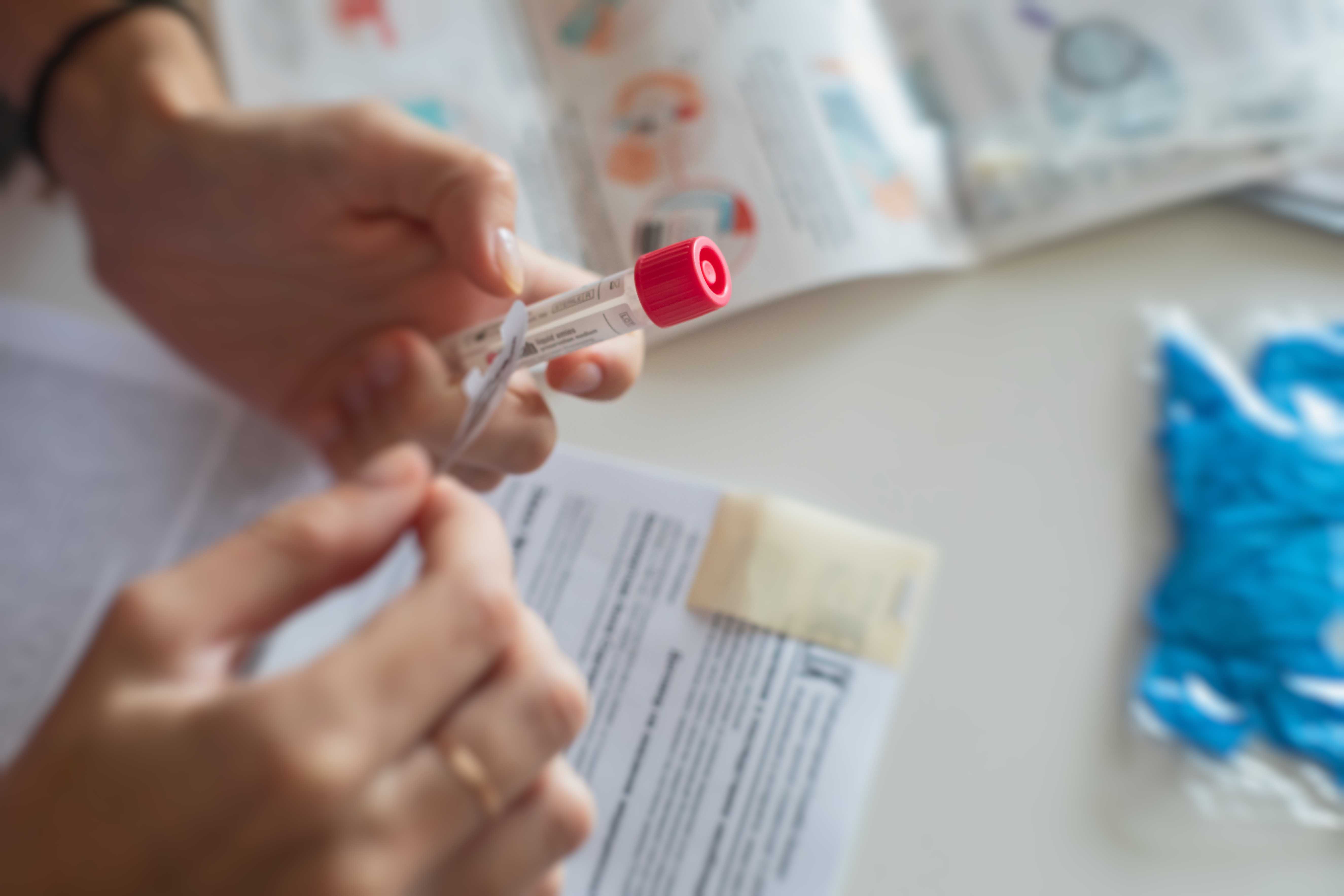







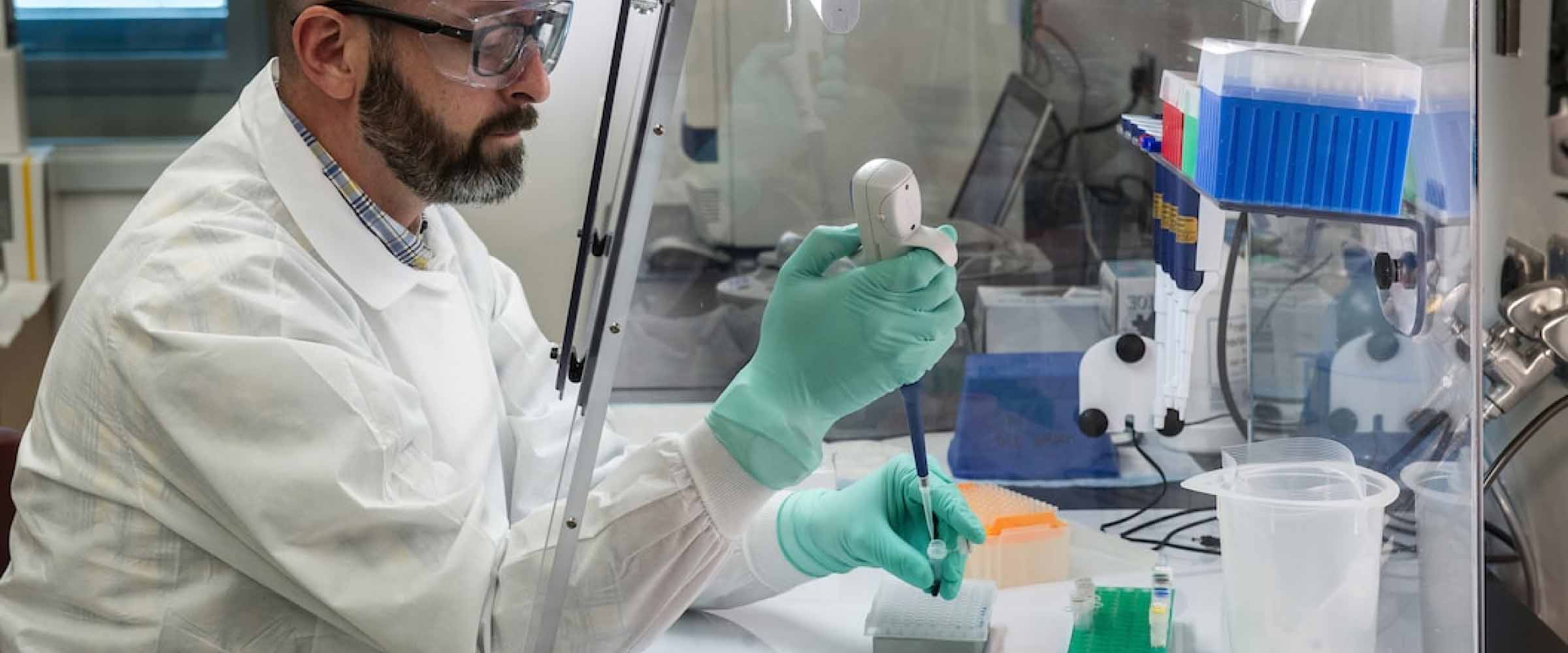
.jpg)

.jpg)
.jpg)
.jpg)
.jpg)
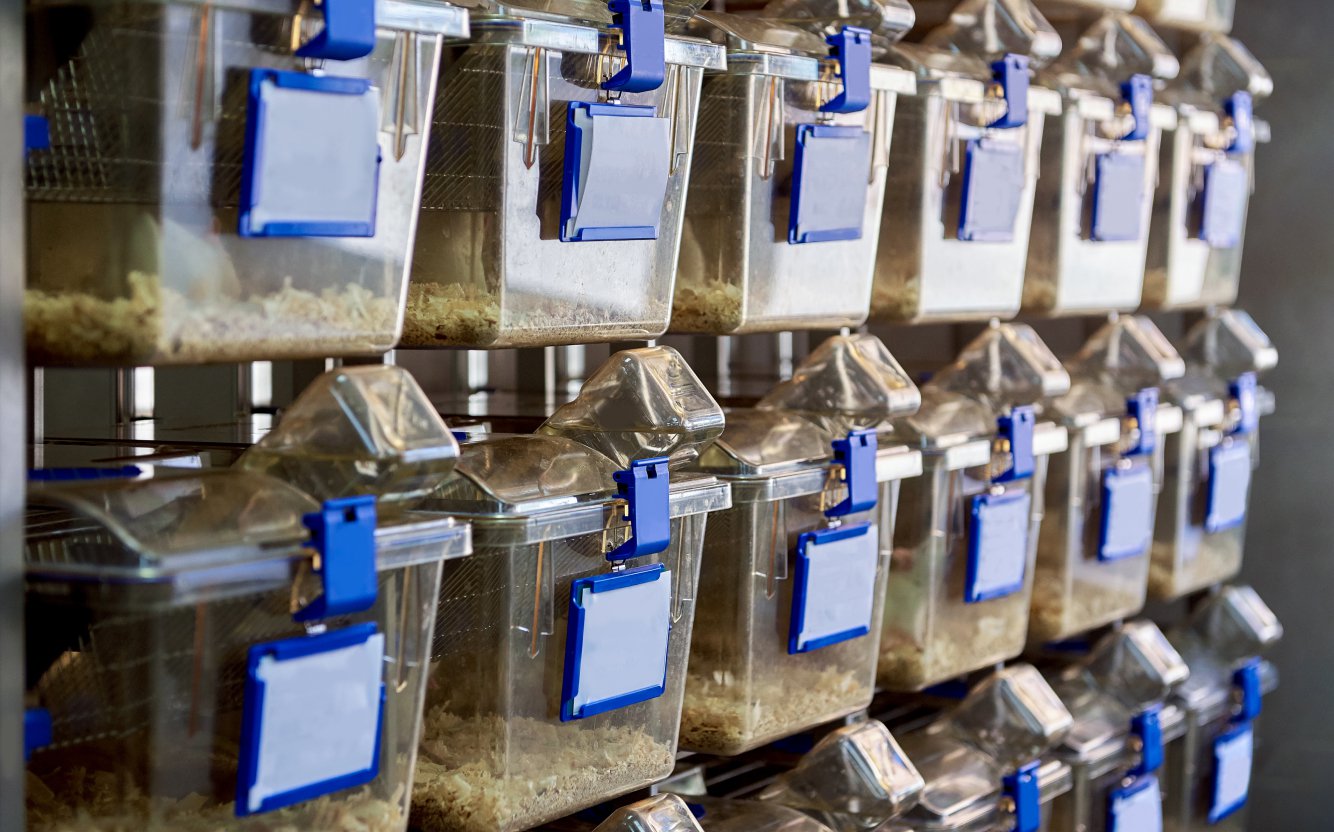
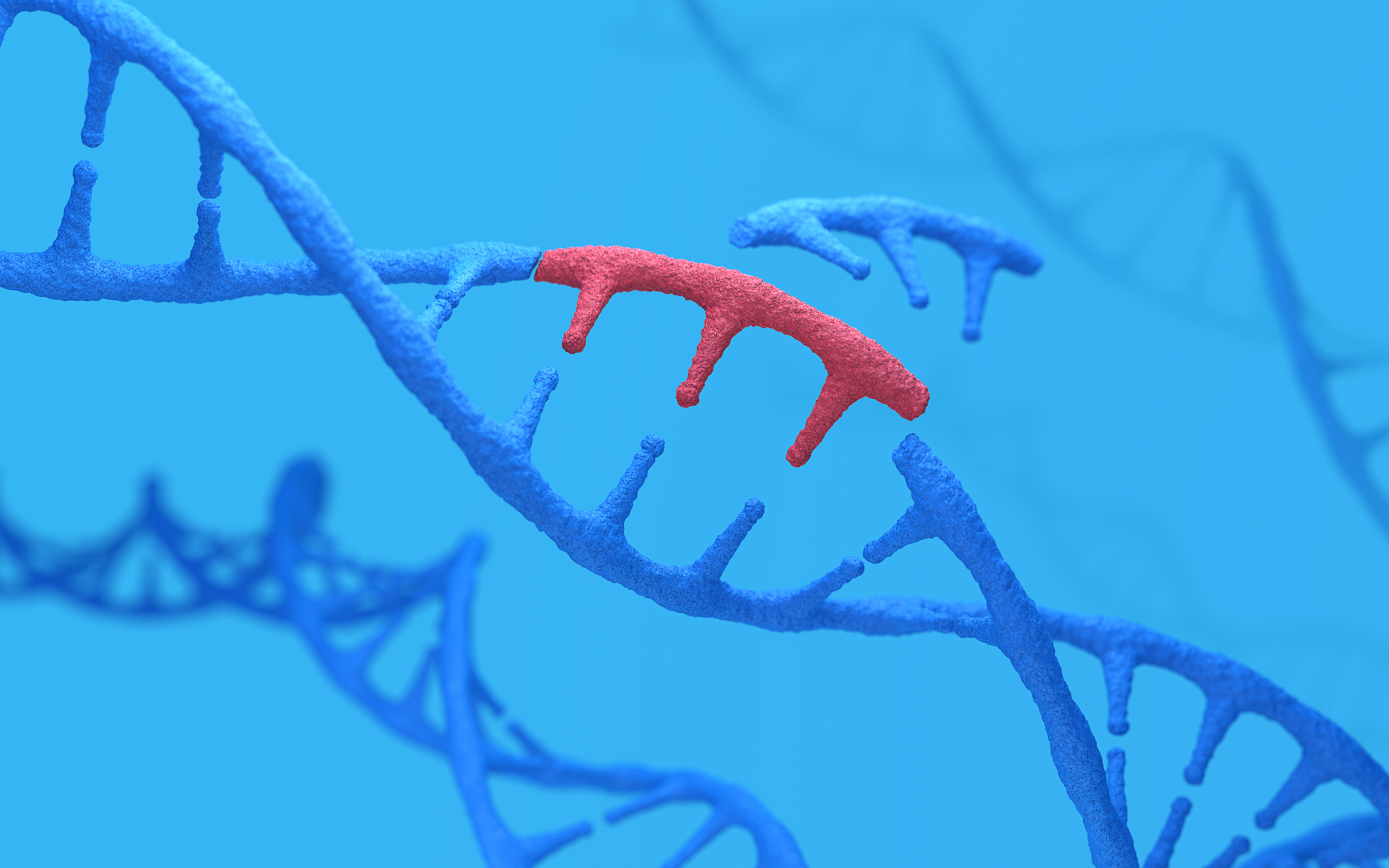
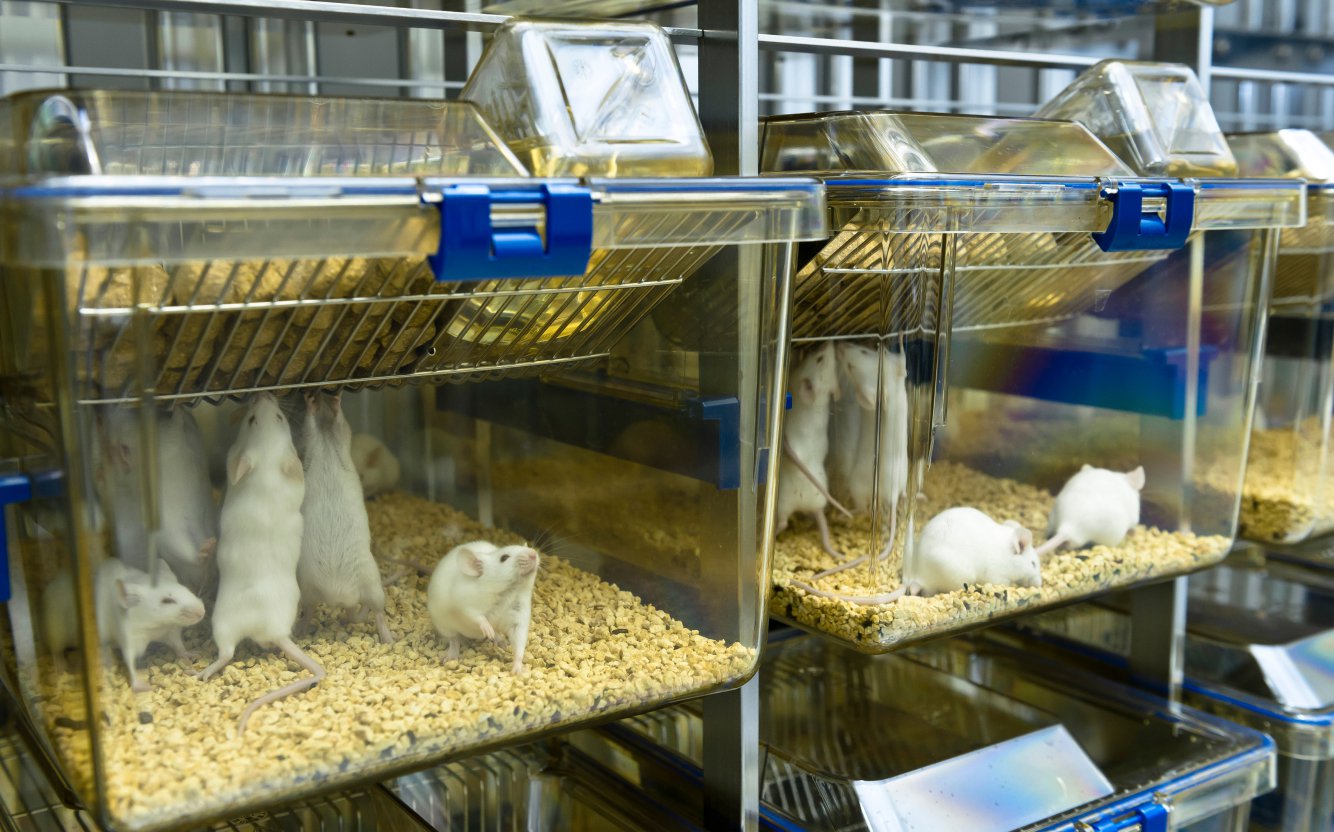


.jpg)


.jpg)
.jpg)

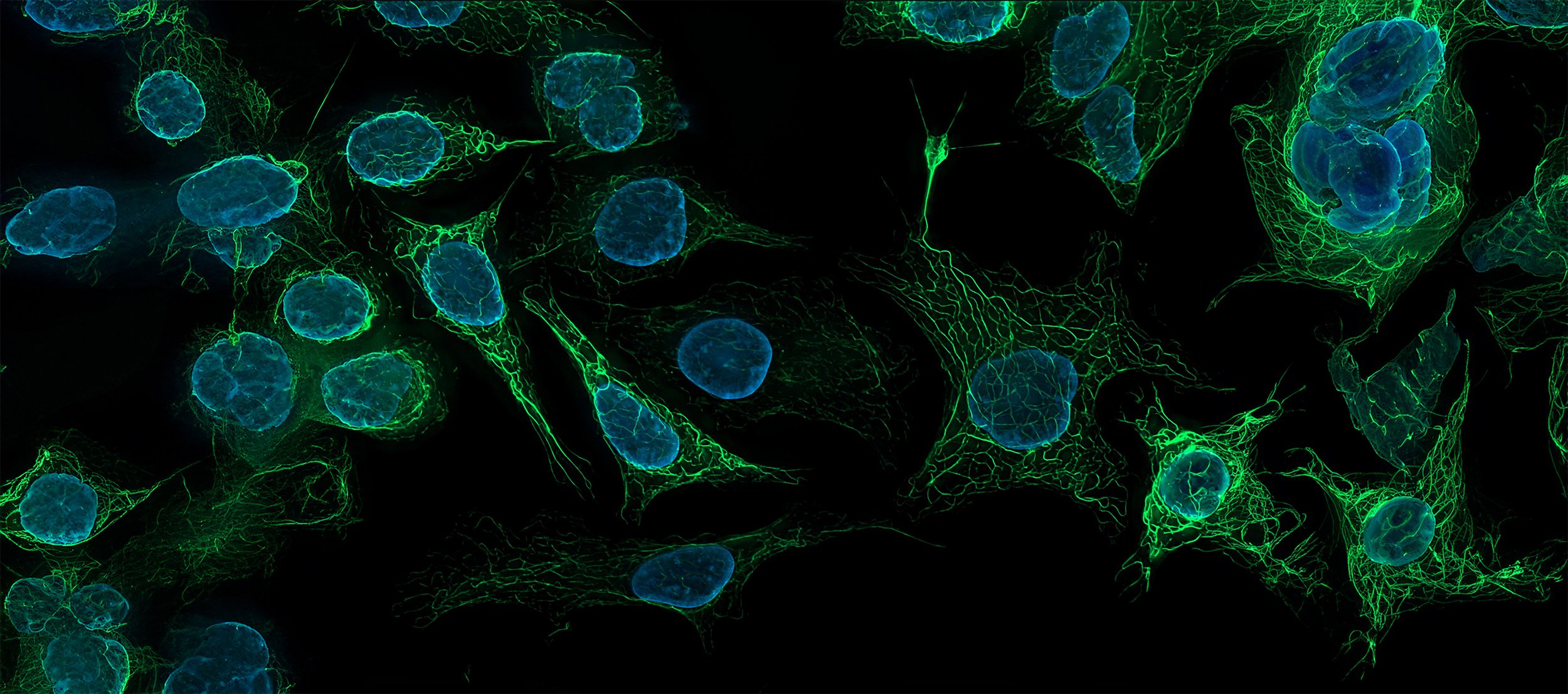
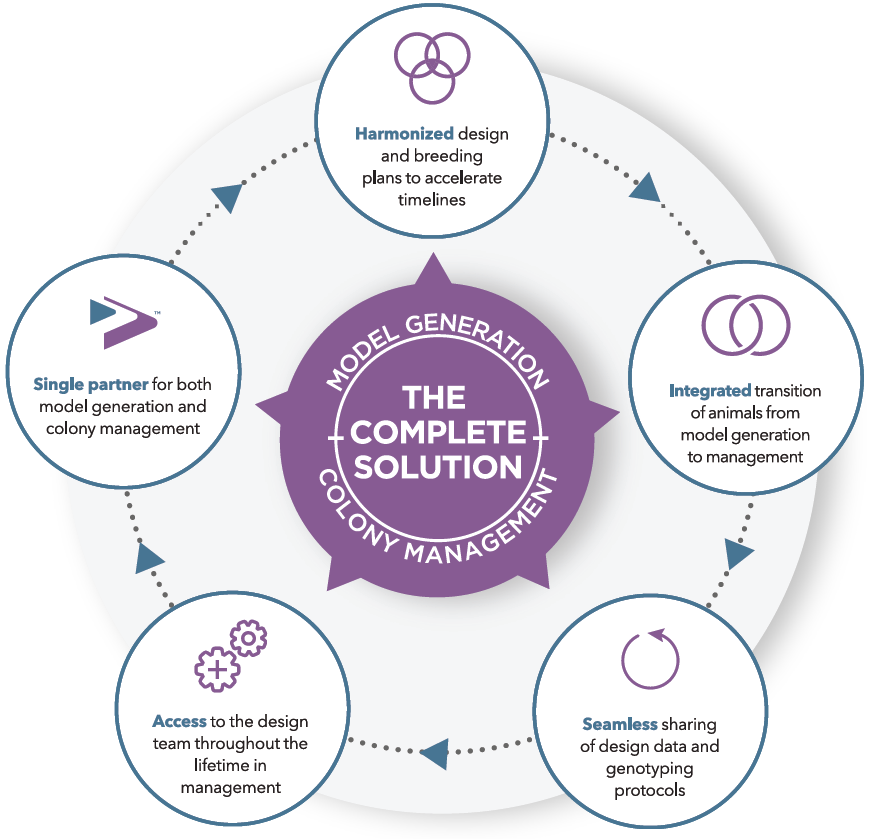

.jpg)

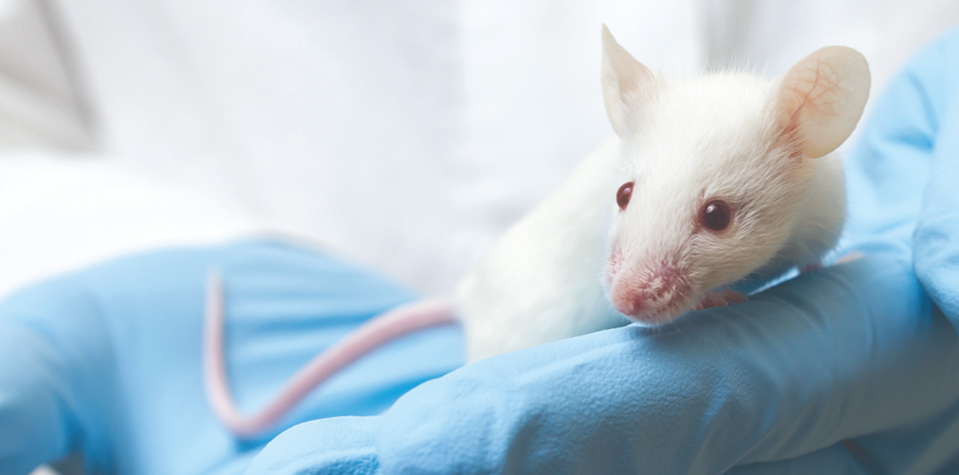

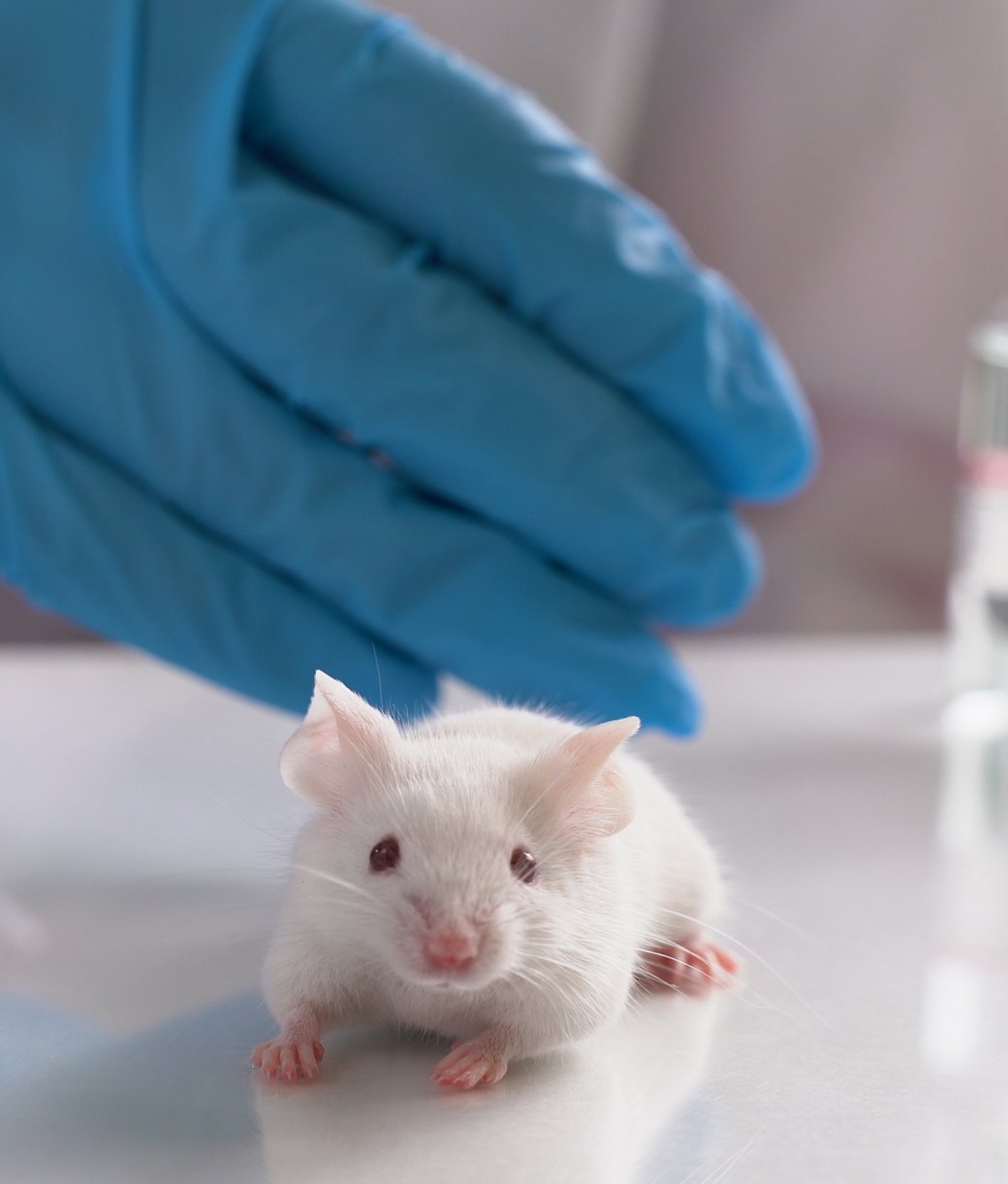

.jpg)

.jpg)




